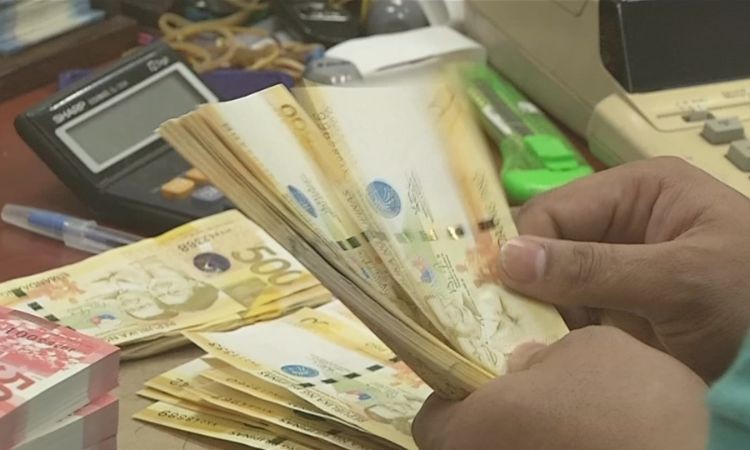
Metro Manila (CNN Philippines, February 11) - A bill amending the Philippines' 65-year-old Bank Secrecy Law is gaining steam at the House of Representatives, and sailing smoothly off to plenary.
Influential bankers from the Bankers Association of the Philippines (BAP) and the Chamber of Thrift Banks rallied behind a proposal to give the Bangko Sentral ng Pilipinas more power to examine bank deposits.
The BAP has written House Committee on Banks chairman Junie Cua, proposing that the central bank be allowed to share information from the investigation of deposit accounts with other law enforcement or regulatory agencies to expedite prosecution.
"The direction of your proposed amendments is consistent with our long-standing desire to see a more liberal bank secrecy law," read the BAP's letter to Cua dated Feb. 9 and was read out loud during Thursday's House committee hearing.
The BAP groups the Philippines' largest universal and commercial banks.
Apart from empowering the central bank to share information with law enforcers, bankers want Republic Act 1405, or "The Secrecy of Bank Deposits Law," revisited to include a "safe harbor clause" that will protect lenders from "frivolous suits from depositors in connection with any BSP deposit examination."
The current Bank Secrecy Law is over half-a-century old, having been first passed in 1955 — and guarantees absolute confidentiality of bank deposits.
But with exceptions.
Authorities can only have access to deposits if they have a court order, or if the depositor allows it.
Deposits subject of a litigation or impeachment cases are also exceptions to the bank secrecy rule.
For decades, those limitations have prevented the central bank and law enforcers to abate the flow of dirty money until the Anti-Money Laundering Act (AMLA) was passed in 2001.
But even AMLA, and its subsequent revisions, have limitations as it bans sharing of information among the central bank and other domestic or foreign authorities about suspicious transactions unless given a go signal by the Monetary Board.
Wirecard issue, "insider abuses"
The Bangko Sentral told a House hearing that bank secrecy is "dead in most jurisdictions" even in Europe.
"We don't want to be the last man standing," not being allowed to look into bank deposits, said BSP Assistant Governor and General Counsel Elmore Capule.
Capule added that the central bank is not "lifting the law," but needs greater supervisory powers to examine bank deposits.
"There are a lot of insider abuses," the central bank official told lawmakers, adding that litigants are "using the bank secrecy as a shield."
"We don't have the proper legal weapon," Capule said.
Efforts to revise the 1955 bank secrecy law have been revived last year following the Wirecard controversy.
That accounting scandal emanated from Europe but the Philippines entered the fray amid allegations the funds have been coursed through the country's largest banks — something the lenders denied. Some local bank employees were dragged into the issue, with rogue staff appearing to have been responsible for faking documents to certify that Wirecard had assets stashed in Philippine banks BPI and BDO.
Chamber of Thrift Banks (CTB) President Paul San Pedro proposed that the coverage of examination of an erring bank officer's bank accounts should not be limited only within the bank under probe, but all other bank accounts held by that officer who is subject of an investigation.
The argument is that money could easily be moved to other financial institutions so authorities lose the money trail.
"That [proposal for wider coverage] will prevent crimes committed by officers of the bank," CTB's San Pedro told the House committee.
"Because they know that even if the investigation is just within the bank, elsewhere puedeng habulin pati placements mo [placements elsewhere can be looked into]. That will deter commission of crime," he pointed out.
Cua has directed the central bank to fine-tune the wording of the bill, while the committee secretariat was ordered to prepare the committee report for plenary debate.
"Not everyone but every account of that person (under investigation). We are only talking of the application of this law to a very clear set of people para hindi mag-create ng panic [so it won't cause panic]. Kasi pag puedeng buksan any account, then magkakagulo [there will be chaos if any account could be opened]," Cua said.
By Lois Calderon
Source: CNN Philippines
https://cnnphilippines.com/news/2021/2/11/Bill-amending-65-year-old-Bank-Secrecy-Law-gains-steam-at-House.html